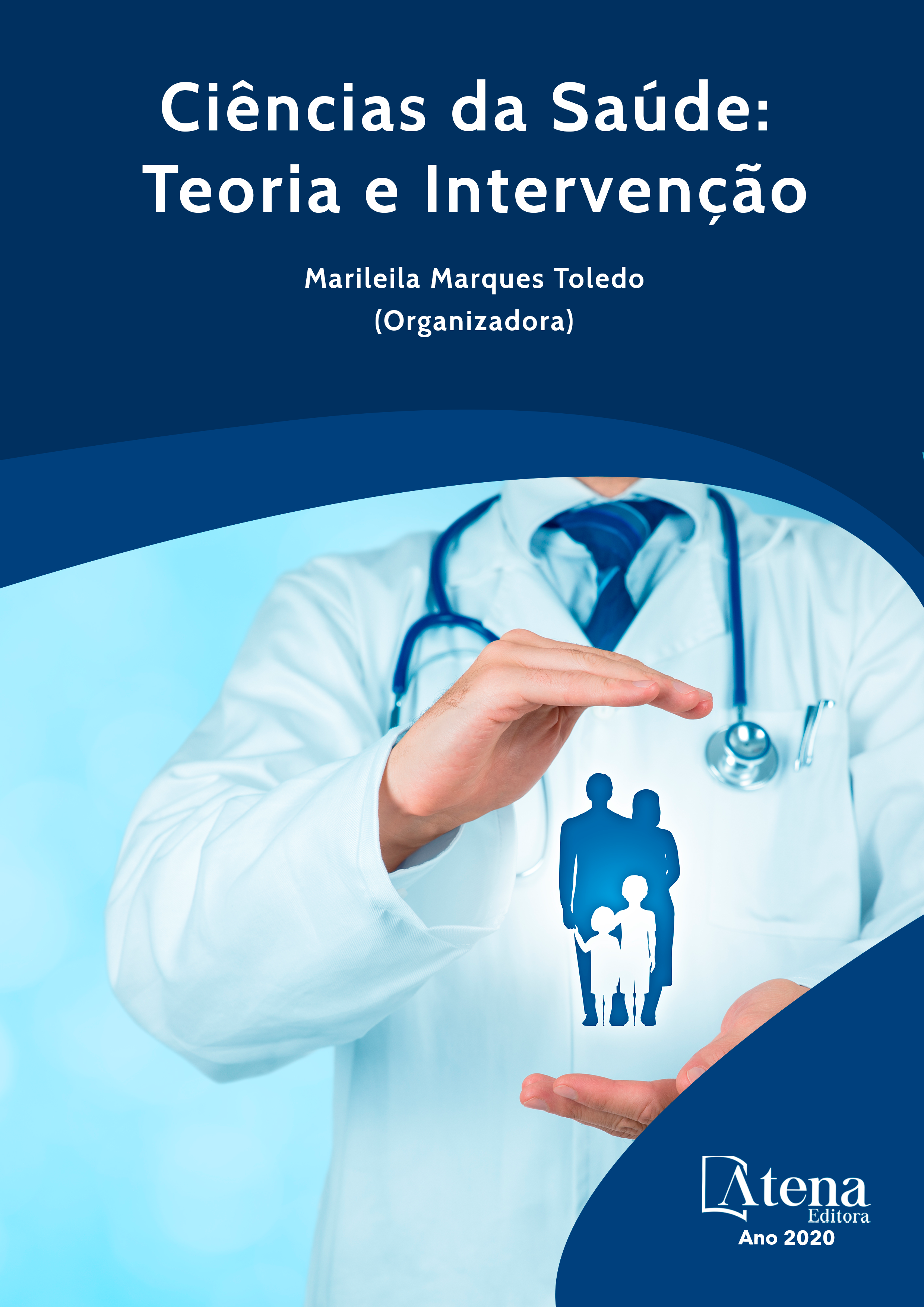
RELATO DE EXPERIÊNCIA NA ANÁLISE DE ÁGUA DO RIO IPOJUCA NA CIDADE DE CARUARU AGRESTE PERNAMBUCANO -PAA
Introdução: O Projeto Águas do Agreste, PAA, é um projeto sócio educacional iniciado em 2008. Visando promoção da saúde no Agreste pernambucano através de intervenções sanitárias e ações lúdicas. O principal intuito era avaliar a qualidade da água consumida em diferentes pontos da cidade. Ao longo do tempo, diante das condições ambientais do rio Ipojuca, que banha a cidade, surgiu a necessidade de intervenção. Rio que é considerado o terceiro mais poluído do Brasil, segundo IBGE. O Ipojuca guarda todas as características de um rio urbano. Das 24 cidades banhadas, Caruaru é o trecho onde observamos, nitidamente, contaminação por poluição oriunda do despejo de esgoto e lixo. Objetivo: Analisar qualitativamente a água do rio Ipojuca e compartilhar com a comunidade ribeirinha, população em geral, autoridades e público infantil a importância de cuidar e preservar o meio ambiente. Metodologia: Os integrantes do projeto começaram em campo, logo após houve a parte laboratorial, na qual foram coletados dados qualitativos sobre o rio. A parte laboratorial acontece diariamente em regime de escala. É feita a coleta e identificação de microorganismos indicadores, são esses: Coliformes termotolerantes, Pseudomonas aeruginosa, e contagem de bactérias heterotróficas. Para identificações são utilizadas as técnicas dos tubos múltiplos e pour plate, respectivamente. Com os resultados obtidos é planejada a ação social para conscientização. Além de informar às autoridades higiênico-sanitárias. Conclusão: O rio Ipojuca faz parte da história caruaruense. Mas, infelizmente, com o impacto causado pelo homem, a realidade do rio, na cidade de Caruaru, é preocupante. Buscar dados científicos reais e levar essa informação para autoridades e população, de forma clara e objetiva, é necessário para tentativa da sua recuperação. A missão do projeto é que a semente de esperança seja despertada em cada um dos caruaruenses para que a recuperação do rio se torne um objetivo coletivo.
RELATO DE EXPERIÊNCIA NA ANÁLISE DE ÁGUA DO RIO IPOJUCA NA CIDADE DE CARUARU AGRESTE PERNAMBUCANO -PAA
-
DOI: 10.22533/at.ed.11720230417
-
Palavras-chave: Bromatologia, coliforme, Pseudomonas aeruginosa, sustentabilidade, meio ambiente
-
Keywords: Bromatology, Coliform, Pseudomonas aeruginosa, sustainability, environment
-
Abstract:
Introduction: The Águas do Agreste Project, PAA, is a socio-educational project started in 2008. Aiming at promoting health in the Pernambuco Agreste through sanitary interventions and playful actions. The main purpose was to evaluate the quality of water consumed in different parts of the city. Over time, given the environmental conditions of the Ipojuca river, which bathes the city, the need for intervention has arisen. The river is considered the third most polluted in Brazil, according to IBGE. Ipojuca keeps all the characteristics of an urban river. Of the 24 bathed cities, Caruaru is the area where we clearly observe pollution contamination from sewage and garbage disposal. Objective: To qualitatively analyze the water of the Ipojuca river and share with the riverside community, general population, authorities and children the importance of caring for and preserving the environment. Methodology: The project members started in the field, shortly thereafter there was the laboratory part, in which qualitative data about the river were collected. The laboratory part happens daily on a scale basis. Collection and identification of indicator microorganisms are made, namely: Thermotolerant coliforms, Pseudomonas aeruginosa, and heterotrophic bacterial count. For identification the techniques of multiple tubes and pour plate are used, respectively. With the results obtained the social action for awareness raising is planned. In addition to informing the hygiene and sanitary authorities. Conclusion: The rio Ipojuca is part of Caruaruense history. But, unfortunately, with the impact caused by man, the reality of river in the city of Caruaru is worrying. Seeking real scientific data and bringing this information to authorities and the population, clearly and objectively, is necessary to attempt its recovery. The mission of the project is that the seed of hope is awakened in each of the Caruaruenses so that the recovery of the river becomes a collective goal.
-
Número de páginas: 5
- Maria Aduclecia de Lima
- Gabrielle Yasmim Duvaisen Vasconcelos Gomes
- Agenor Tavares Jácome Júnior


